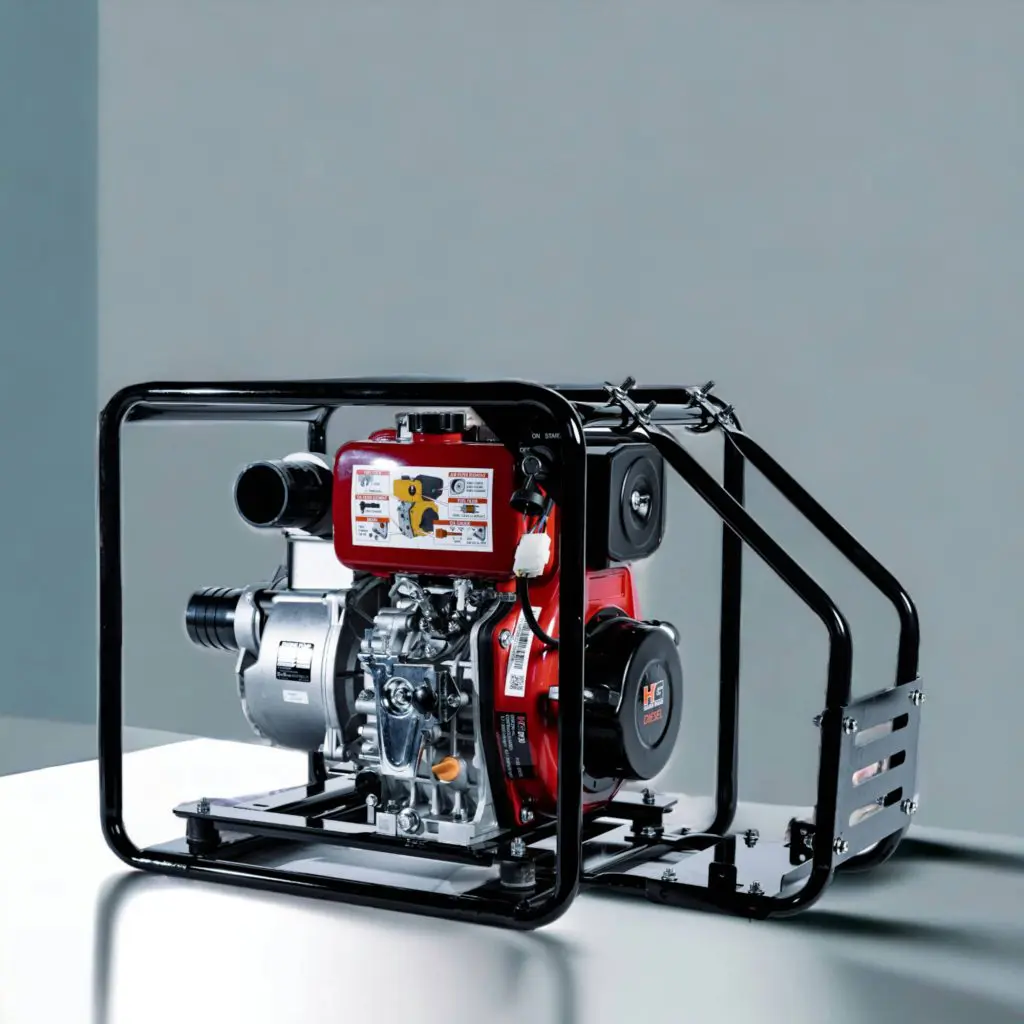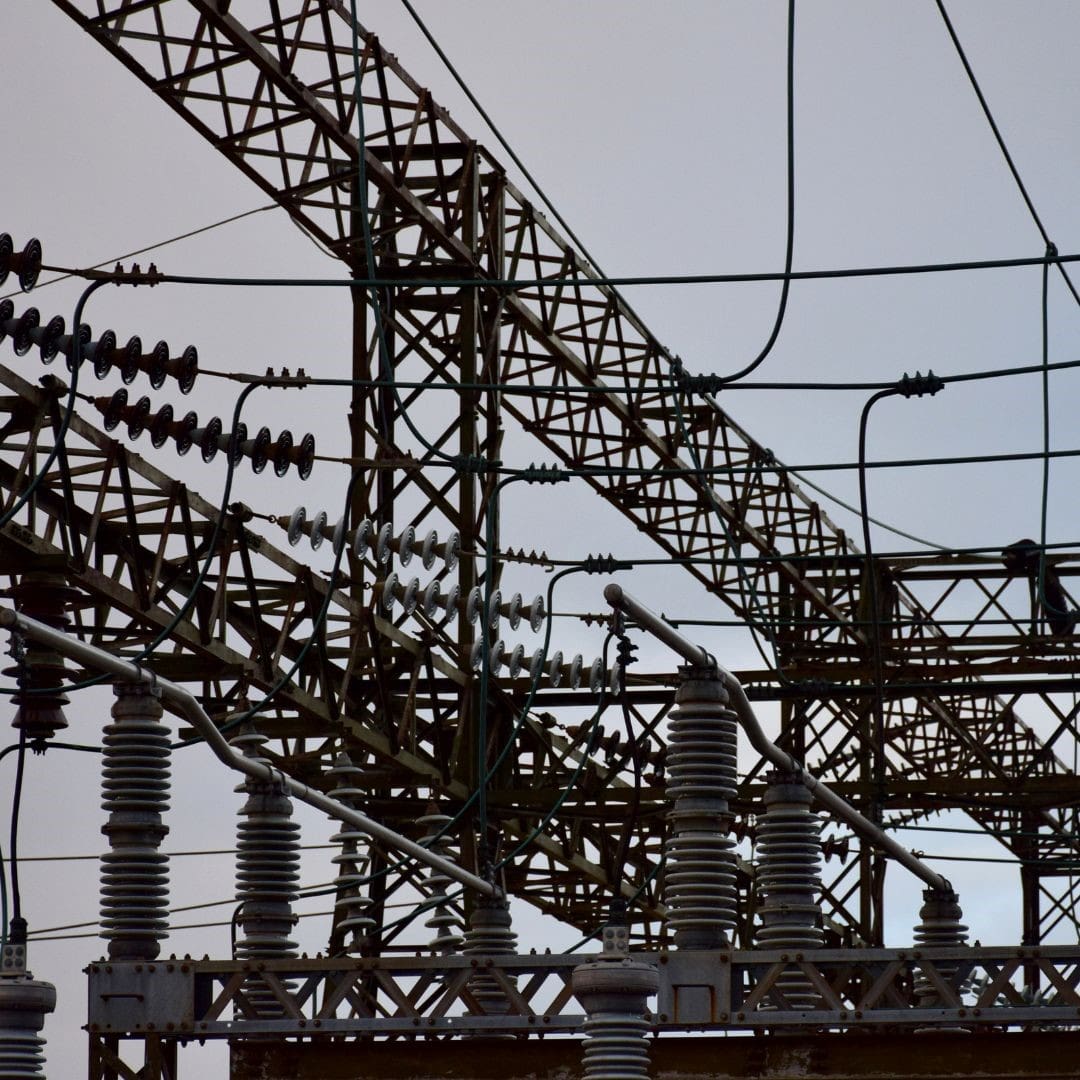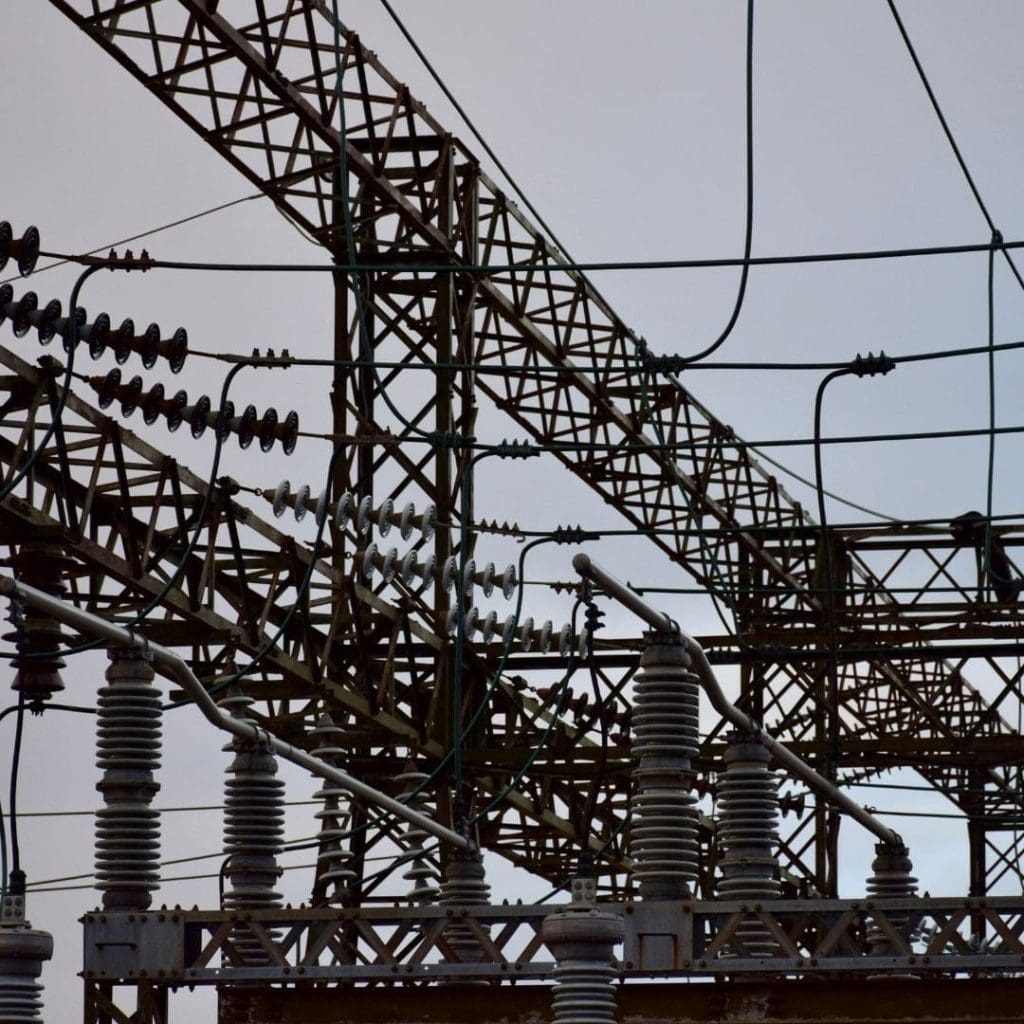Severe storms are devastating to homes, properties, and lives. These storms can also take down power lines. When the power goes out unexpectedly, it may disrupt communications, water, and transportation. Power outages can also close businesses, cause food spoilage, and prevent the use of medical devices.
Protecting Yourself…
…Before a Power Outage
- Take an inventory of the items you need that rely on electricity.
- Talk to your medical provider about a power outage plan for essential health care devices that are powered by electricity and refrigerated medications.
- Plan for batteries and other alternatives to meet your needs.
- Sign up for local alerts and warning systems, such as Wireless Emergency Alerts.
- Install carbon monoxide detectors with battery backup in central locations on every level of your home.
- Review supplies that are available in case of a power outage. Have flashlights with extra batteries for each household member. Have enough non-perishable food and water to support each member of your family for up to 72 hours.
- Use a thermostat in your refrigerator and freezer so you know the temperature when power is restored.
- Keep mobile phones charged and keep gas tanks full.
…During a Power Outage
- Call your utility provider to report power outage
- Monitor alerts: Check on local weather with a smartphone or weather radio.
- Let people know you are okay.
- Keep food cold. Avoid opening your refrigerator and freezer to preserve temperatures. An unopened refrigerator will keep foods cold for four hours. A full freezer will keep its temperature for about 48 hours. Dispose of food quickly if it’s been left sitting for too long. When in doubt, throw it out.
- Prevent power overloads. Unplug appliances and electronics to avoid overloads or damage from power surges. Turn off utilities only if you suspect damage or if local officials instruct you to do so. Gas line can only be turned on by a qualified professional. If circuit breakers have been tripped, contact an electrician to inspect them before turning them back on.
- Prevent carbon monoxide poisoning. Don’t use a gas stove to heat your home. Do not use outdoor stoves indoors for heating or cooking. If using a portable generator, keep it outside in a well-ventilated area away from windows.
- Decide to stay or go. Leave your home if it is too hot or too cold, or if you have medical devices that need power.
- Practice portable generator safety. A portable generator should only be used outside on stable ground. Always place a generator at least 20 feet away from a home. Keep it away from any windows and vents to prevent carbon monoxide poisoning.
- Connect the generator to appliances with heavy-duty extension cords
- Hooking up a generator directly into your home power supply could increase the voltage or could cause a surge to the outside power lines.
- Do not store fuel for your generator in your home.
- Use dry ice safely. Dry ice is extremely cold, about -110°F.
- Wear protective gloves when handling dry ice, or else severe frostbite or frost burn can occur.
- Put a piece of cardboard or several layers of newspaper between dry ice and food.
- Place dry ice on top of cardboard with food below. Twenty-five pounds of dry ice should keep a 10 cubic foot freezer cold for 3-4 days.
- Keep away from young children.
- DO NOT EAT DRY ICE.
- When finished with dry ice, unwrap and leave it at room temperature in a well-ventilated area. It will sublimate from a solid to a gas.
- Check on neighbors, especially senior citizens and individuals with functional needs or limited mobility.
…After a Power Outage
- Keep away from power lines. Stay 35 feet away from downed power lines and anything they are touching. Report downed lines to your local utility company.
- Avoid electrical shock in flooded areas. Don’t go into flooded areas or use any electrical equipment or electronics that may have been underwater. Have a qualified electrical inspector check it out.
- When in doubt, throw it out. If perishable food is 40° F or warmer, throw it out. Check if your insurance policy covers food spoilage during a power outage.
- Throw out refrigerated medicines. If power is out for more than a day, discard any medication that should be refrigerated, unless the drug’s label says otherwise. Contact your doctor or pharmacist immediately about a new supply.
- Prevent carbon monoxide poisoning. Keep generators, camp stoves and charcoal grills outdoors and use them only in well-ventilated areas at least 20 feet away from windows.
Generator Safety
- A generator should only be used outside on dry, stable ground. Place a generator at least 20 feet away from any windows and vents to prevent deadly fumes from entering the home through an opening. Keep the generator dry. Operate on a dry surface under an open, canopy- like structure.
- Install working carbon monoxide detectors on every level of your home. Carbon monoxide is a colorless, odorless gas that can kill you, your family and pets
- Read the manufacturer’s instructions.
- Plug appliances directly into generator or use a heavy-duty outdoor- rated extension cord.
- Never fill the generator with fuel while it is running or still hot. Turn it off and let it cool.
- Always store fuel outside of living areas, away from fuel-burning appliances, in properly labeled, non-glass containers. Generators should be used for emergency standby power ONLY and for short periods of time. Refrigerators do not need to run 24 hours a day to keep food fresh. Monitor the internal temperature, which should be kept at 40 degrees or below.



